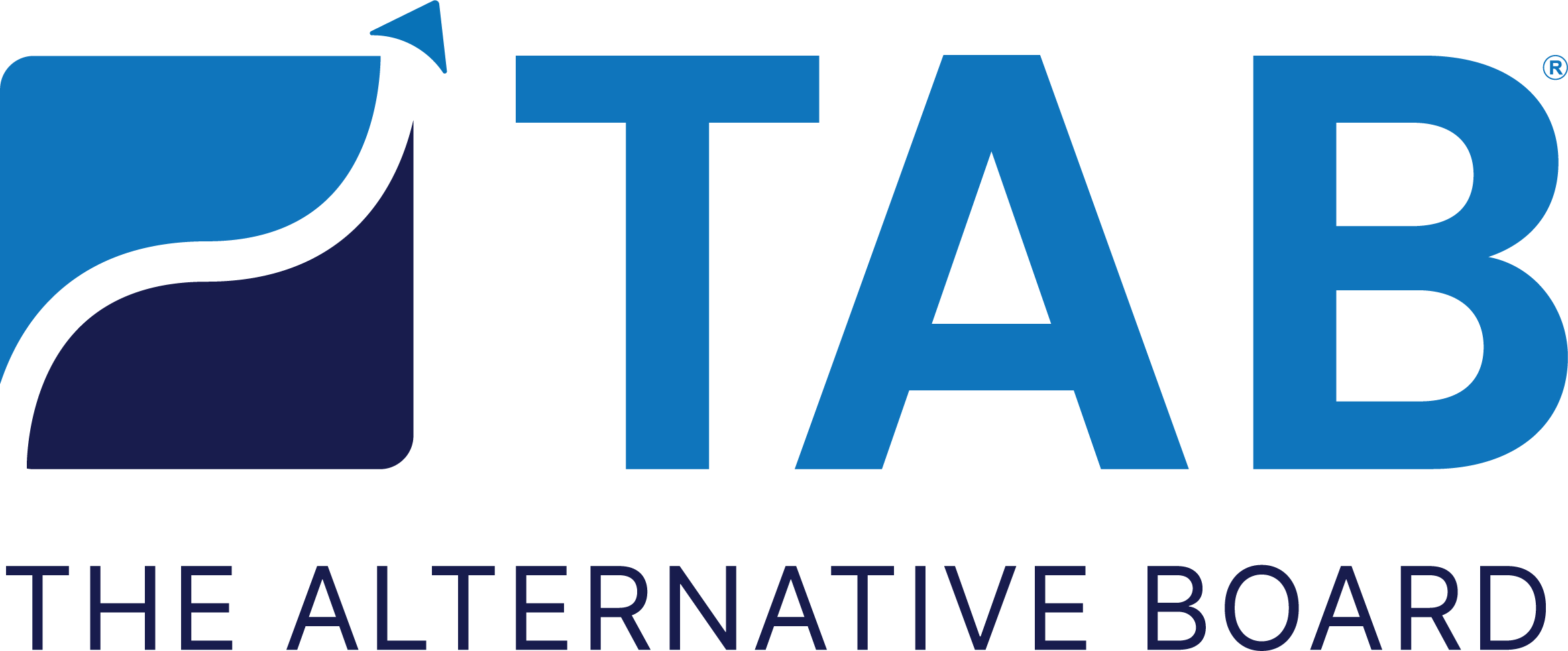What You Need to Know About the Nationwide Halt on CTA Enforcement
A recent development in the legal world has pressed the pause button on enforcement of the Corporate Transparency Act (CTA), creating a ripple effect of questions for businesses nationwide.
A federal judge in Texas has issued a nationwide injunction temporarily halting the enforcement of the CTA, including its January 1, 2025, filing deadline and associated penalties. Let’s unpack what this means for you and how you can navigate the uncertainty ahead.
The Pause on Penalties: What Does It Really Mean?
For now, businesses can breathe a sigh of relief. The Financial Crimes Enforcement Network (FinCEN) cannot enforce penalties for non-compliance with Beneficial Ownership Information (BOI) filing requirements.
This temporary halt doesn’t erase the requirement altogether but gives companies some wiggle room as the situation evolves. For businesses still scrambling to prepare for compliance, this is a much-needed reprieve.
While penalties are paused, use this time to ensure your records are in order. Early preparation could save you from last-minute headaches if enforcement resumes.
The DOJ’s Likely Next Move
History has shown that the Department of Justice (DOJ) isn’t likely to let this ruling stand without a fight. An appeal is expected, but a similar case in Alabama earlier this year suggests an injunction may remain in place during the appeal process.
In that case, the court didn’t allow enforcement to resume while the appeal was pending. This means that businesses might still have some breathing room, even if the DOJ appeals.
Unclear Compliance Timelines: What’s Next?
Even if the DOJ successfully overturns the injunction, it’s unlikely the government will retroactively enforce the January 1, 2025, deadline. Instead, FinCEN would likely set a new compliance timeline, considering the legal pause.
This uncertainty can be frustrating, but it also provides an opportunity. Without an immediate risk of penalties, businesses have time to strategize, gather the required information, and consult experts.
Acting now, even in the absence of an enforced deadline, could help you avoid a scramble when compliance eventually becomes mandatory.
Staying Ahead in a Shifting Landscape
The CTA aims to combat fraud and money laundering, but its sweeping implications have raised concerns about overreach and practicality. While the legal battle unfolds, it’s crucial to stay proactive.
Here’s what you should do:
Monitor Updates: Keep a close eye on developments regarding the appeal and potential changes to filing requirements.
Prepare to File: If you’ve already started preparing for compliance, consider finishing the process. While the deadline is uncertain, being ready is never a bad idea.
Consult the Experts: Reach out to your HR advisors or legal counsel for guidance tailored to your business.
The Big Picture: Why This Matters
The BOI filing requirement is part of a broader push to ensure corporate transparency, but it has also sparked debates about its scope and execution. The current legal pause is a chance to reassess your compliance strategy without fear of penalties looming overhead.
The pause on CTA enforcement is a temporary win for businesses, but it’s not an invitation to relax entirely. Use this time wisely—stay informed, prepare for compliance, and consult professionals who can help you remain in compliance. As the saying goes, “An ounce of prevention is worth a pound of cure.” Now’s your chance to ensure you’re ready for whatever comes next.

